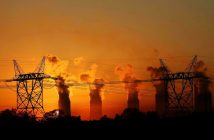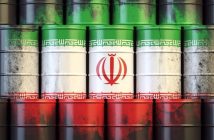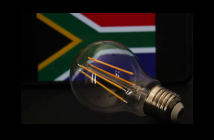- A ministerial conference was hosted by The Green Economic Coalition and The Green Knowledge Platform in Cape Town this week.
- The main takeaway: any decisions or actions on the green economy must be based on scientific evidence and socio-economic agenda must be a key driver to successful green economy.
- No mention of any energy transition from coal to renewable energy.
Yesterday South Africa’s Minister of Water and Environmental Affairs, Mrs Nomvula Mokonyane announced that there are ‘only a few years left for South Africa to implement practical solutions for a green economy’. The Minister was speaking at a ministerial conference hosted by The Green Economic Coalition and The Green Knowledge Platform in Cape Town this week.
Mokonyane added that the ‘SA government is now in a period of implementation regarding green economic policies. Sectors like transport and agriculture are some of the key sectors in this regard. Partnerships are very important, so that there is one message about the green economy, despite there being many voices,” she said.
Mokonyane emphasised that any decisions or actions must be based on scientific evidence. That is why there is investment in research and embracing innovation and creativity. She further emphasised that policies and interventions must be practical and inclusive and not just about talking.
“The green economy will include the creation of jobs and eradicating poverty. We must, therefore, make sure that the green economy becomes the driver of what we want to see happening now,” she said.
Also attending the conference was Rita Schwarzelür-Sutter, parliamentary state secretary in the Ministry for the Environment, Nature Conservation and Nuclear Safety in Germany emphasised that “The window of opportunity for transformation to a green economy is not so long anymore. There is no more room for excuses,” she cautioned.
Nikhil Seth, executive director of the UN Institute for training and research, also emphasised, like Mokonyane, that decisions must be made based on evidence. “Data and statistics must influence how we correct what we have been doing wrong and we must use statistics to change policies,” said Seth.
The idea of a Green Economy is to decouple economic development from environmental degradation, encouraging green growth through investment in green technologies thereby creating jobs, improving wellbeing, boosting the economy and renewing the environment.
South Africa has one of the highest carbon emissions intensity counts in the world. This is mainly due to its ageing goal fired fleet responsible for the majority of the country’s energy production. The main concentration of coal fired plants is in Mpumalanga. Read more
Author: Bryan Groenendaal











